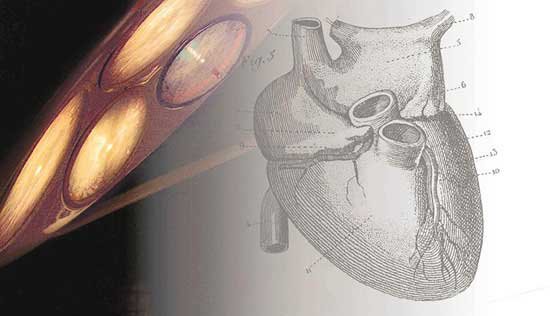By Michael Smith, Senior Staff Writer, MedPage Today
Reviewed by Zsofia Szep, MD; Infectious Diseases Division, University of Pennsylvania School of Medicine.
November 14, 2007
CHICAGO, Nov. 14 -- A single transplant donor has left four recipients infected with HIV, the first such case in more than 20 years, officials here said.
And, in what is apparently the first case of two viruses being transmitted by a transplant at the same time, all four recipients also were infected with hepatitis C.
The infections were not detected in the organ donor because the test used -- the Enzyme-Linked ImmunoSorbent Assay, or ELISA -- detects the antibodies to the two viruses.
But in the first weeks after infection -- 22 days for HIV and 82 for hepatitis C -- the antibody response is not strong enough to trigger a positive test.
So, if the donor had been infected only a few weeks before death, officials said, the test would have come back negative.
The transplants took place in January at the University of Chicago Medical Center, Northwestern Memorial Hospital, and Rush University Medical Center.
But it was only two weeks ago that the infections were discovered, according to Michael Millis, M.D., of the University of Chicago Hospitals.
The news was "very surprising and devastating" for the four recipients, Dr. Millis told reporters.
Public health officials in Chicago and at the CDC are trying to see whether any of the recipients have passed on either infection during the time since their transplants.
The CDC said the last case of HIV transmission because of a transplant took place in 1986, when three people in Virginia died of AIDS after receiving infected organs.
That was in the early days of the HIV/AIDS pandemic, when safeguards were less stringent than today, officials said.
A spokesman for the United Network for Organ Sharing said there have been more than 400,000 organ transplants in the U.S. since the 1986 cases without a reported case of transmission.
"We believe there's already a very small risk of transmission through the safeguards we have in place," Joel Newman told reporters.
Once the infections were discovered, stored blood from the donor was re-tested using ELISA and also came back negative for both viruses.
Blood banks use a more sensitive test for HIV -- Nucleic Acid Amplification Testing, or NAAT -- which detects the viral genetic material directly, but that test is not routinely used in transplantation.
When the donor's blood was tested using NAAT, the HIV infection was detected.
A screening questionnaire showed that the donor had engaged in high-risk behavior, according to officials at Gift of Hope Organ and Tissue Donation, which tested and approved the organs for donation.
The nature of the high-risk behavior was not disclosed.
CDC guidelines advise not using organs and tissue from such high-risk patients unless the risk to the recipient of not getting the transplant is thought to be greater than the risk of HIV transmission and disease.
Many medical details -- including what organs were transplanted and how the donor died -- were not released because of privacy concerns. Officials at the University of Chicago Medical Center were quoted as saying only that the donor died "three days after traumatic injury."
Given that the donor was high-risk, all four of the recipients should have been tested for HIV within three months of the transplant, but that apparently was not done.
Matthew Kuehnert, M.D., director of blood, organ, and tissue safety with the CDC, said he was concerned that none of the hospitals appeared to have followed CDC guidelines for testing patients after a transplant.
It may be a sign, he said, that transplant centers don't take the risk of viral transmission as seriously as they should.
The more sensitive nucleic acid test might have prevented these infections, but that test also has a window in which it is too soon to detect infection -- about 12 days for HIV and 25 days for hepatitis C.
Also, the current test may be too time consuming to be used routinely in transplant cases.
Unlike blood, which is usually stored for one or two days while undergoing tests, organs typically can be stored for only a few hours, according to James Burdick, M.D., of the federal Health Resources and Services Administration, which oversees the national organ donation system.
But, Dr. Burdick added, "The chances of acquiring HIV from a donor are vanishingly small, and this one case doesn't prove differently."

No comments:
Post a Comment